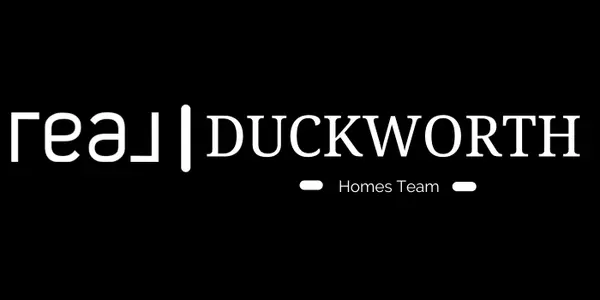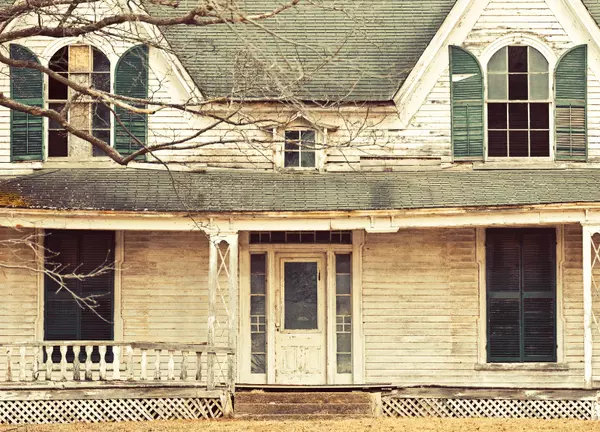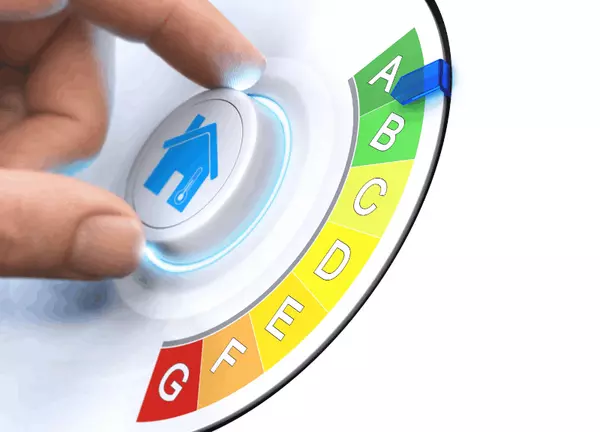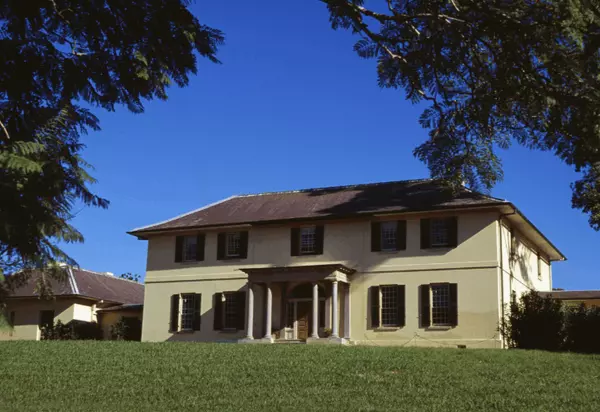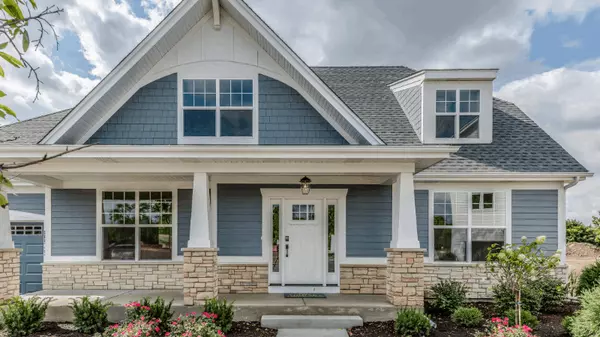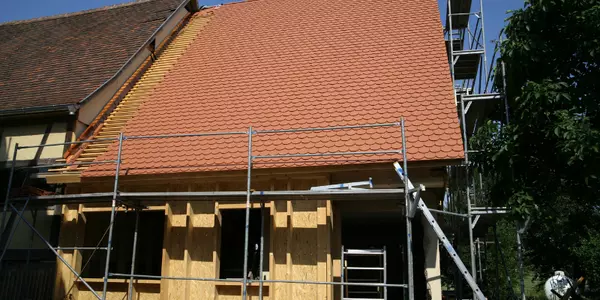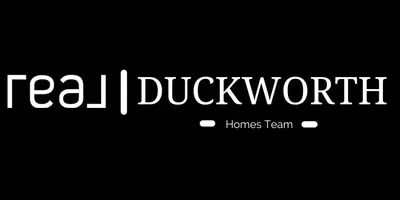7 Most Common HOA Violations in Rhode Island and Massachusetts
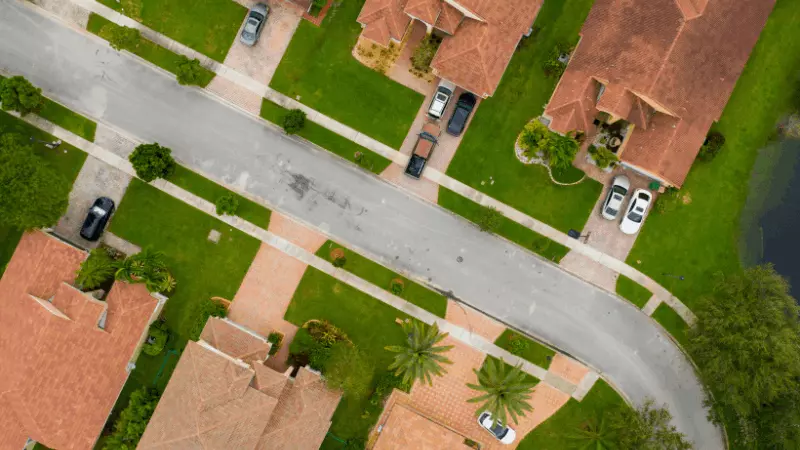
- Landscaping
- Noise
- Vehicles and Parking
- Holiday Decorations
- Trash Pickup
- Undisclosed Rentals
- Exterior Renovations
1. Landscaping
The majority of rules enforced by an HOA have to do with the exterior of homes. Many neighborhoods care deeply about curb appeal and will have rules to regulate the way homes look from the street.
The HOA will be in charge of how the neighborhood looks, from clean streets to yards. In other words, the HOA will oversee how each home presents itself, and if the landscaping is not in check, it may result in a fine or violation letter.
Here are some examples of restrictions that many HOAs have in relation to landscaping:
- Type of plants or trees in your yard.
- They have restrictions on how close your trees and plants can be to the street and/or your neighbor's property.
- Homeowners cannot let their grass become overgrown.
- Homeowners can only use drip irrigation along their curb and sidewalks.
- The height of your bushes and shrubs in your front yard.
Essentially, your HOA will need your yard to be kept clean and look similar to your neighbors' yards. As long as you continue with yard upkeep, you shouldn't have to worry about HOA violations.

2. Noise
As the organization in charge of enforcing the CC&Rs, your fellow residents are permitted to contact the HOA if you are being too noisy. Many HOAs have restrictions on loud noises between certain hours. Depending on the distance between homes in your neighborhood, your personal preferences, and your relationships with your neighbors, this can become a problem.
Be extra careful if you host a lot of social gatherings that may exceed the decided times for noise purposes.
Keep in mind that your HOA cannot restrict what sounds can or cannot be heard, but they can impose rules between the decided times. In addition, your city or county may have noise ordinances set by which you will need to abide.
3. Vehicles and Parking
Rules and regulations on vehicles and parking are extremely common with HOAs. Depending on the amount of land in the neighborhood, many HOAs have restrictions on where you can park.
This can mean that you can only park in your driveway or limit the amount of cars parked on the street in front of your house. It is important to consider that if you host a lot of social gatherings, you should definitely encourage your guests to use a ride-share service or carpool. You can even talk with your HOA about parking at a public parking lot in the community, like the country club or pool.
In addition, your HOA will most likely have rules about parking boats, commercial vehicles, or RVs in the driveway or the street. Check to see if you need a permit in your community to keep one of these vehicles on the street for an extended amount of time to avoid violating the rules.

4. Holiday Decorations
Many homeowners pride themselves on their holiday decorations. However, some HOAs may have restrictions on how many decorations you can have. There shouldn't be any restrictions regarding the type of holiday decorations, but you will need to be careful not to go overboard.
Additionally, there may be restrictions on how soon before a holiday you are allowed to put up your decorations and when you will need to take them down. Some HOAs don't have any rules about holiday decorations; you will need to check the guidelines in your community to be sure.
Here are some common things to think about in relation to holiday decorations and HOA violations:
- Noisy decorations that may disturb your neighbors past a certain time.
- Rules on the light color variations as some HOAs may want a uniform look from all residents during the holiday season.
- Offensive decorations.
- Inflatable decorations.
- Fire safety policies pertaining to holiday decorations.
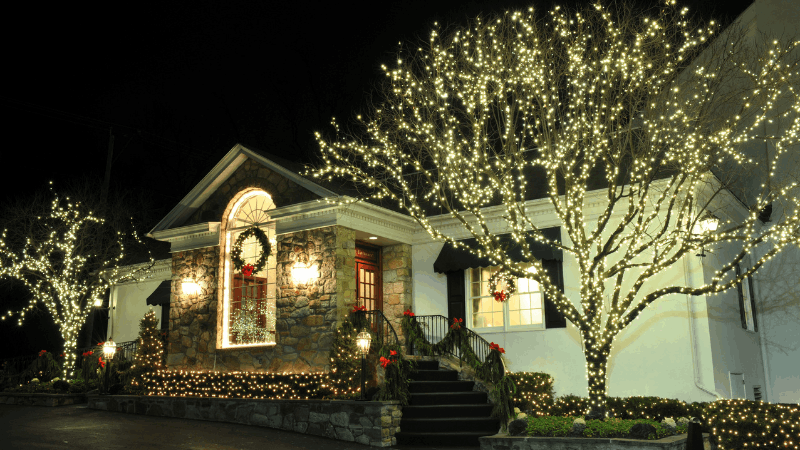
5. Trash Pickup
Homeowners in an HOA can run into trouble if there are restrictions on when they can put trash on the street for pickup. Most neighborhoods have a set time when trash will be picked up. If you miss this time and leave your trash on the street for an extended amount of time, you can be subjected to written notices of violations or fines.
In order to avoid this violation, read through your HOAs CC&Rs and watch out for the words "cannot be in public view." This pertains to where you can leave your trashcans on your property. Communities will differ in these rules, but most enforce
Not only can trash attract pets, but it can also impact the community's appearance, which is extremely important to HOAs.
Similarly, neighborhoods have set days or times when trees, branches, or leaves will be picked up. This is usually once a week, and homeowners often get into trouble when they miss this time and leave it on the street all week.

6. Undisclosed Rentals
Many communities in HOAs have rules impacting whether homeowners can sublet their properties or not. This is a result of security and insurance reasons. In most communities, insurance is dependent on the percentage of owners versus renters. Therefore, you will need written permission from your HOA to sublet your home.
HOAs will hold all the power when it comes to issuing fines and barring subleasing properties if a tenant does not comply with the rules. Some homeowners rent out rooms or the entire home, such as Airbnb sublets, which can lead to problems related to destruction, parking, and noise. This is because, in some cases, renters don't feel obligated to preserve the integrity of the property and community.
Since the tenant is not a member of the association, the board cannot enforce rules on the tenant. As a non-compliant member, the board cannot evict the tenant; the homeowner would be responsible for this.
An HOA will not typically ban all rentals in a community; it is usually a cap or lease restriction. Rental caps will limit the total percentage of homes that can be rented at a time, commonly 20%.
7. Exterior Renovations
Many homeowners buy homes with the intent to renovate, whether on the interior or exterior. However, most HOAs have rules and hoops to jump through when a homeowner asks to make modifications to the property. This is because the HOA has certain architectural guidelines the homeowner must abide by.
This will depend heavily on your neighborhood's specific rules and regulations. An HOA may want the neighborhood to keep a uniform appearance. Or there may be restrictions on additions that are impeding on the neighbor's property, both of which would be outlined in the CC&Rs.
There are a couple of common exterior renovations and add-ons that will need HOA approval, including updating your siding, building an addition, replacing the roof, and installing a swimming pool. Ensure that you speak with your HOA before any exterior renovations so as not to violate the rules and regulations.
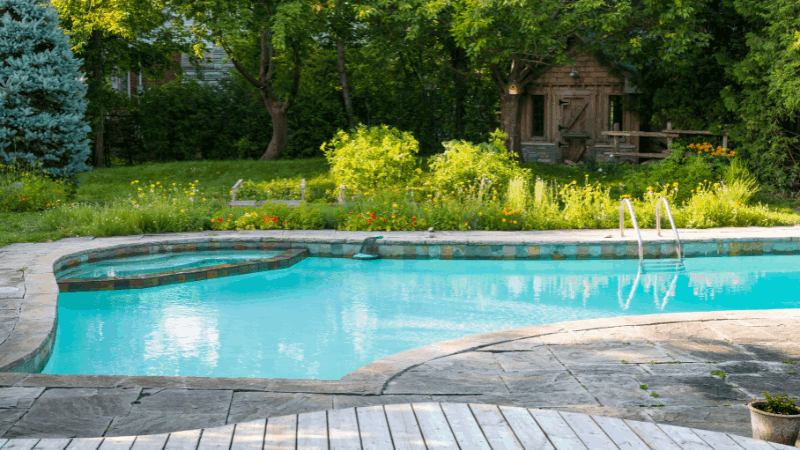
Methodology
We used information and data from several different sources, as well as our own data, to determine everything you need to know about the most common HOA violations in Rhode Island and Massachusetts. Most of the data was sourced from the following sources:
FAQ: Most Common HOA Violations
Here are a couple of commonly asked questions about common HOA violations.
How much power do HOAs really have?
The amount of power an HOA has differs from state to state. For example, according to Massachusetts Civil Code 4350, HOAs can enforce essentially any rule they want to, as long as it doesn't conflict with a local, state, or federal law.
What power does an HOA have in Rhode Island?
In Rhode Island specifically, an HOA's board has the power to enforce covenants, adopt budgets, assess and conflict member fees, maintain and regulate common areas, and act on behalf of the association in legal matters granted by the RIPCRA and the community's declaration.
Who regulates HOAs in Rhode Island and Massachusetts?
Neighborhoods and subdivisions with homeowners' associations established after January 1, 1999, are governed by the Rhode Island Planned Community Act and Massachusetts HOA Act. No state or federal agencies are overseeing HOAs.
Can an HOA evict a tenant in Rhode Island and Massachusetts?
An HOA does have the power to evict a tenant in the states of Rhode Island and Massachusetts. However, the association needs to go through the homeowner since the tenant's agreement is with the homeowner, and the association's agreement is with the homeowner.
Can an HOA take your home in Rhode Island and Massachusetts?
An HOA does have the right to get a lien on your property or foreclose on your home if you fail to pay your HOA dues.
Most Common HOA Violations - The Bottom Line
HOAs are not the enemy, and the rules are fairly created and enforced by residents of the neighborhood. Nevertheless, you will be obligated to follow the rules and may face consequences if you violate them. As long as you stay up to date with the CC&Rs of your HOA and follow them, you will love living in an HOA.
If you do make any of these common HOA violations, the procedures may vary. Still, typically, your HOA can issue warning letters, impose fines, revoke access to common areas in the neighborhood, take legal action, or place a lien on the homeowner's property until the debts are paid.
If you are debating joining a neighborhood with an HOA, make sure to talk with your real estate agent because they can inform you more about your local HOA rules and regulations.
As you are searching for your next home, Rhode Island and Massachusetts have many beautiful homes for sale in HOAs; you'll have to act fast if you want to buy your dream home in one of the best neighborhoods.
Before you buy your next home, feel free to contact one of our helpful real estate specialists, as they are eager to help you find the perfect home. We know that buying a home can be overwhelming, so make sure you are prepared beforehand.
Categories
Recent Posts
